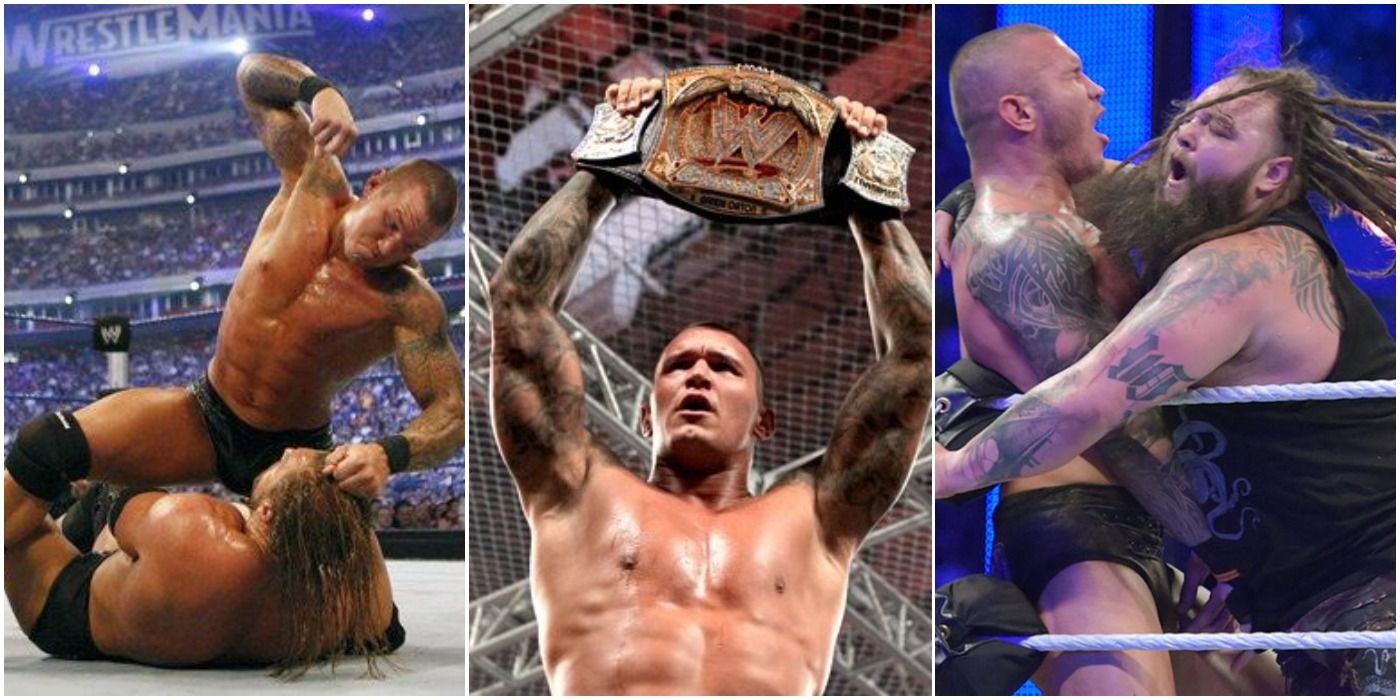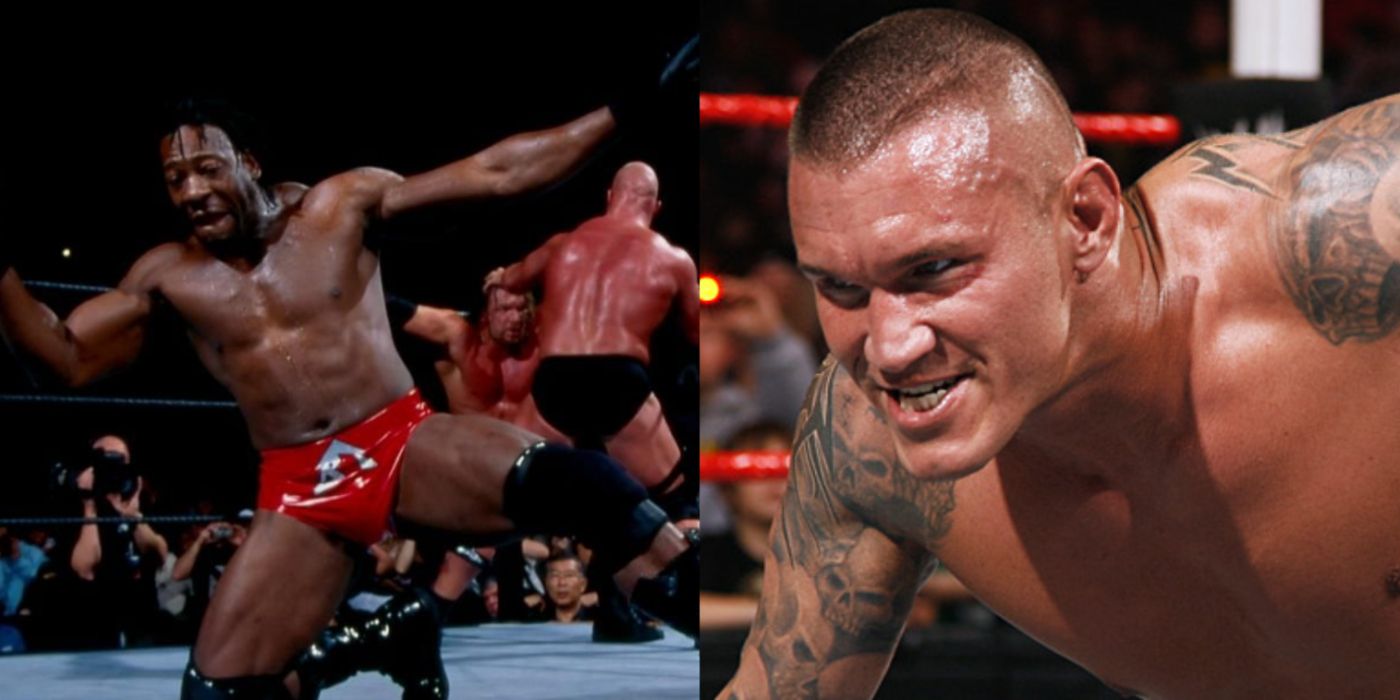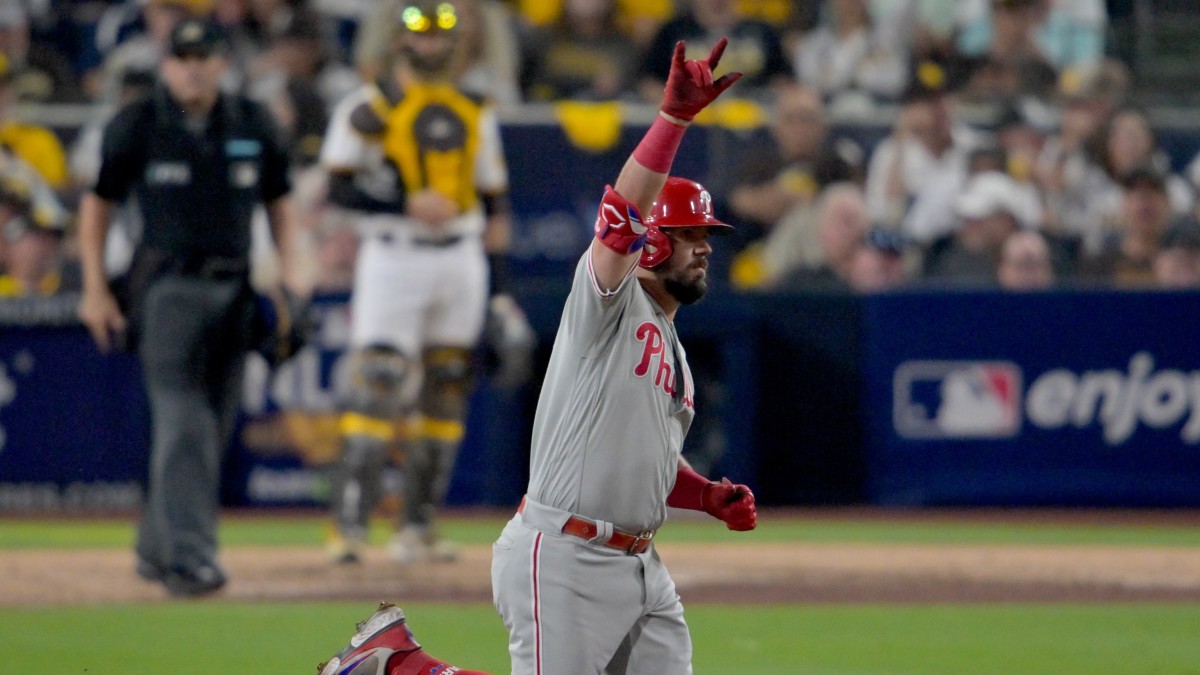The Psychology of Randy Orton: Mastering the Art of Wrestling
Randal Keith Orton, better known as Randy Orton, is a household name in the world of professional wrestling. With a career spanning over two decades, he has established himself as one of the most successful and psychologically complex wrestlers in the industry. This article delves into the psychology behind Orton’s approach to wrestling, exploring how his mental strategies, character development, and in-ring psychology have contributed to his masterful performances.
Understanding Randy Orton’s Character Evolution

Randy Orton’s character has undergone significant transformations throughout his career. Each evolution reflects not only his personal growth but also the changing dynamics of the wrestling industry. Here are some pivotal phases of his character development:
- The Legend Killer: Early in his career, Orton adopted the persona of “The Legend Killer,” portraying a cocky young wrestler who sought to prove himself by taking down established legends of the sport. This character allowed him to blend reality with fiction, as he faced off against icons like The Undertaker and Ric Flair.
- Viper Persona: As Orton evolved, he embraced the “Viper” persona, characterized by a more sinister and calculating demeanor. This shift emphasized his psychological manipulation of opponents, utilizing mind games to gain the upper hand.
- Face and Heel Dynamics: Orton has successfully navigated the complexities of being both a hero (face) and a villain (heel). His ability to elicit emotional responses from the audience speaks to his understanding of wrestling psychology.
The Role of Psychology in Professional Wrestling
Psychology plays a crucial role in professional wrestling. Wrestlers must not only perform physically but also connect with the audience on an emotional level. Here are some key psychological elements that are vital for success in wrestling:
- Character Development: Wrestlers must create compelling narratives around their characters. This involves not only the persona they portray but also their motivations, backstory, and relationships with other characters.
- Audience Engagement: Wrestlers like Orton thrive on audience reactions. Understanding how to manipulate crowd emotions—whether to garner support or provoke disdain—is essential for a wrestler’s success.
- In-Ring Psychology: The way matches are structured and the storytelling within them greatly influences the audience’s emotional investment. Wrestlers must know when to build tension, when to release it, and how to keep the audience engaged throughout.
Randy Orton’s In-Ring Psychology
Orton’s in-ring psychology is one of his most defining characteristics. His matches often tell a story, drawing the audience in and keeping them on the edge of their seats. Here are some aspects of his in-ring psychology:
- Pacing and Timing: Orton is a master of pacing. He knows when to speed up the action and when to slow it down, allowing the audience to breathe and anticipate the next move. This strategic pacing keeps viewers engaged and invested in the match.
- Signature Moves: The RKO, Orton’s finishing move, is one of the most recognizable in wrestling history. The way he sets it up often builds suspense and excitement, making it a fan-favorite moment. His use of timing and surprise in executing the RKO shows his understanding of dramatic storytelling.
- Mind Games: Orton often employs psychological tactics to gain an advantage over his opponents. Whether through taunting, distractions, or psychological manipulation, he demonstrates how mental warfare can be just as effective as physical prowess.
Case Studies: Key Matches that Showcase Orton’s Psychological Mastery
Several key matches in Randy Orton’s career illustrate his psychological approach to wrestling. These matches highlight different aspects of his character and in-ring psychology:
Orton vs. The Undertaker at WrestleMania 21
This match showcased Orton’s “Legend Killer” persona. The build-up involved intense mind games and psychological warfare, making the eventual match a culmination of their feud. Orton’s interactions with The Undertaker created a palpable tension, and his performance demonstrated his ability to adapt to the gravity of wrestling at its highest stakes.
Orton vs. John Cena: Last Man Standing Match
In this brutal encounter, Orton’s strategic thinking shone through. He utilized every opportunity to exploit Cena’s weaknesses, showcasing his understanding of both his opponent’s psychology and the audience’s expectations. The match was a testament to how Orton could manipulate the narrative to maintain a compelling storyline.
Orton vs. Daniel Bryan: SummerSlam 2013

This match highlighted Orton’s transition into a more sinister character. The psychological tension built leading up to the match, combined with the emotional investment of the audience in Bryan, created a dynamic that allowed Orton to shine as both a wrestler and a character.
Statistics and Impact on Wrestling

Randy Orton’s impact on professional wrestling is quantifiable through several statistics, illustrating his success and influence:
- Multiple World Championships: Orton is a 14-time world champion, tying him with legends such as Triple H and Ric Flair. This achievement underscores his longevity and relevance in the industry.
- Royal Rumble Success: Orton won the Royal Rumble match in 2009, showcasing his ability to thrive in high-pressure situations. Winning such a prestigious event emphasizes his psychological fortitude.
- Fan Engagement: Orton’s ability to connect with the audience is evident in his social media following and merchandise sales, indicating a strong fanbase that resonates with his character.
Conclusion: The Art of Wrestling Mastered

Randy Orton’s mastery of the art of wrestling is a product of his profound understanding of psychology, character development, and in-ring storytelling. His ability to evolve as a performer while maintaining a connection with the audience sets him apart in a competitive industry. Through his various personas, strategic in-ring tactics, and compelling match narratives, Orton has demonstrated that wrestling is not merely about physical prowess but also about the intricate dance of psychology that captivates fans worldwide. As he continues to perform, Orton’s legacy serves as a testament to the power of psychological mastery in professional wrestling.


